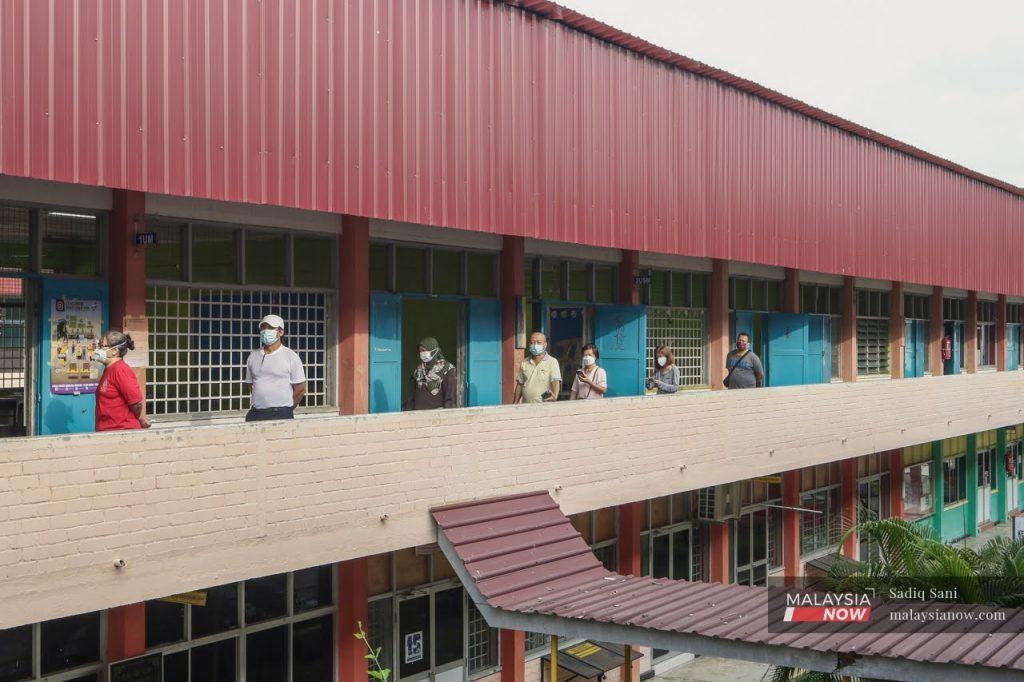Ismail downplays talk of early GE, citing inflation risks
The prime minister also says Putrajaya is keen on reintroducing a goods and services tax.
Just In
Prime Minister Ismail Sabri Yaakob has downplayed calls for an early election, citing a rise in food prices and other living costs, Nikkei reported today.
An election is not due until 2023 but Ismail has been facing pressure from some in Umno to call an early vote to capitalise on its resurgent popularity in recent state polls.
Ismail told Nikkei in an interview he will wait for “the right time” to call an election, given inflationary pressures partly stemming from the Ukraine conflict.
“We are now facing a period of increasing inflation with high prices… do you think this is the right time?” Ismail was quoted by Nikkei as saying.
Bank Negara Malaysia expects headline inflation to average between 2.2% and 3.2% this year, with food costs up 4.1% in April. Earlier this month, the central bank unexpectedly raised its key interest rate to cool inflationary pressures.
The government has introduced price control measures, but the cost of subsidies has weighed on its coffers.
Ismail told Nikkei the government was keen on reintroducing a goods and services tax (GST).
An Umno government introduced the GST in 2015, but it was scrapped three years later by Dr Mahathir Mohamad’s Pakatan Harapan administration, after voters blamed the 6% consumption tax for rising costs.
Ismail said the government was aware of the GST’s unpopularity, but had limited options, noting it had lost RM20 billion (US$4.57 billion) in annual revenue after the tax was abolished.
The government would target a GST rate that did not burden the people, but was not so low that it “defeats the purpose of expanding tax revenue”, he told Nikkei.
The government is expected to spend RM28 billion on fuel subsidies alone in 2022, more than double the RM11 billion spent last year, in addition to subsidies for cooking oil, sugar, and flour.
Subscribe to our newsletter
To be updated with all the latest news and analyses daily.
Most Read
No articles found.
